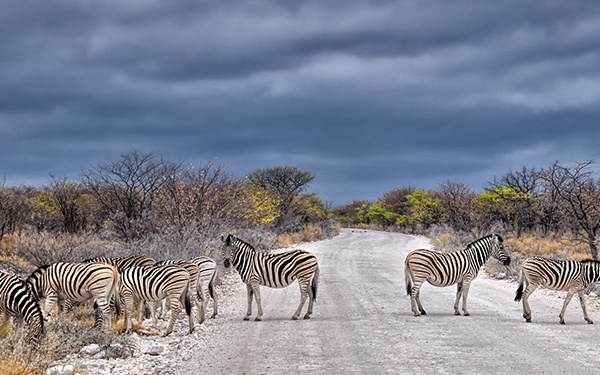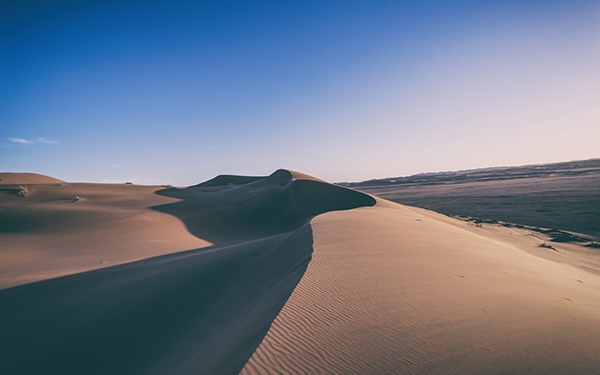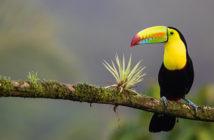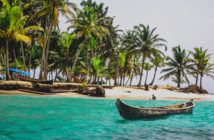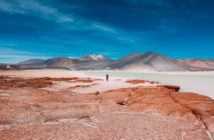Are you thinking about moving to Namibia from the UK?
Named for the wonderful, wide expanses of the Namib — the oldest desert on earth — Namibia is a country of indisputable natural beauty.
In the dramatic desert, in the rivers and wetlands, across sweeping grassy plains, on lofty mountains and in plunging canyons, Namibia is a playground for all things wild.
Elephants, rhinos, lions, zebra, giraffe, jackals and hyenas, springboks and hundreds more animals and birds inhabit Namibia’s national parks and nature reserves.
Despite being a developing country, Namibia is a safe and welcoming country for foreigners where English is the first language, and many expats have chosen to make it their home.
Here’s our guide to the most important things you need to know if you’re thinking of making a move to Namibia…
Contents
Namibia Visa Requirements for Brits
Visiting
Brits are lucky in that they can enter Namibia for stays of up to 90 days without a visa. Any longer than that however, and it is necessary to apply for a visa from the Namibian High Commission in London.
It is best to do so before entering Namibia as gaining a visa upon entry can be a lengthy process.
Working
Gaining a work permit can be tricky for UK expats moving to Namibia, however should you manage to obtain an offer of employment in a niche position that cannot be filled by the local population — it is possible.
Your future employer will need to provide evidence that the post cannot be filled by a Namibian citizen, and also that he or she has a program in place for training local people with the necessary skills to one day fill the role that you will be undertaking.
You will also need to supply — amongst other documentation — various medical certificates, certified documents as evidence of your education and qualifications, plus a record of your employment history for the past five years.
Once you have successfully obtained your work permit it is valid for 2 years, and can be renewed providing that you remain with the same employer.
Permanent Residency
Permanent residency for expats in Namibia is awarded provided that you fulfil certain criteria.
You must have had ten years of legal status in the country, either on a work permit, or if you have been married and have your Certificate of Identity for 10 years, or alternatively if you have been on a study permit or temporary residence permit for 10 years.
You many also qualify if you have made a significant financial investment in the country.
Applying for permanent residence is a lengthy process, and even if you fulfil the criteria your application will be judged on individual merit, and permanent residence is therefore not guaranteed.
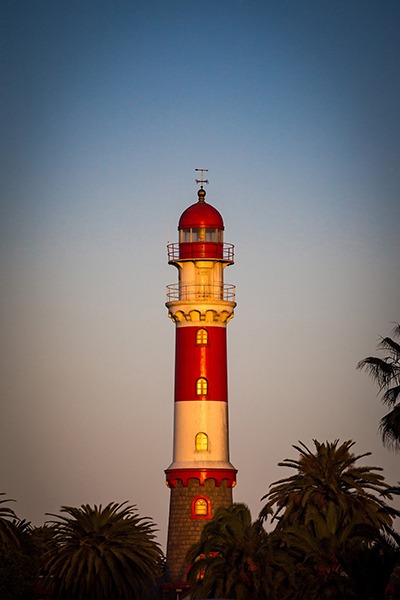
Way of Life in Namibia
Lifestyle
The Namibian people are incredibly ethnically diverse, and they retain their traditional culture and warm disposition despite having been colonised and having suffered oppression and genocide.
Life in remote and rural areas is in stark contrast to the cities, with many indigenous tribes living the simple lifestyles that they have had for hundreds of years, as hunters or farmers, with unique traditions and cultures.
In towns and cities on the other hand, colonisation has led to a distinctly different lifestyle, with English being widely spoken, European architecture, and modern facilities such as supermarkets, shopping malls, hospitals, bars, restaurants, and all the familiar things you would expect in a modern western town.
The way of life is generally laid back and peaceful, with relatively little in the way of nightclubs or late night entertainment.
Although Namibia is relatively safe, expats often choose to live in protected compounds, with the majority of foreigners residing in Windhoek, Namibia’s capital city.
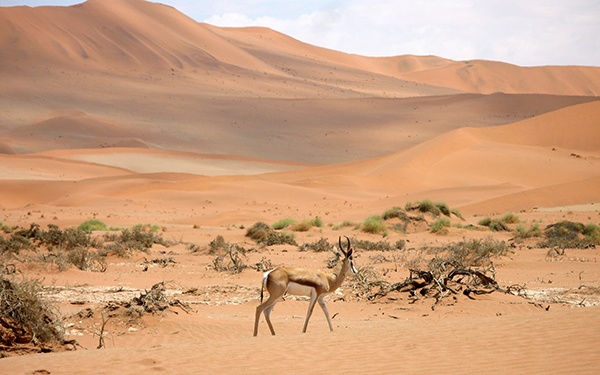
Getting Around
Despite being a sizeable country, Namibia has only a few main urban areas.
Getting between them by plane is a convenient and quick way to travel, and there are weekly domestic flights departing from Windhoek’s Hosea Kutako International Airport and Eros Airport.
Travelling by bus is possible, but routes are very limited. Intercape Mainliner provide luxury bus services to South Africa and various other north and southbound destinations, with stops along the way.
The majority of people however, tend to use the minibus services, which are often crowded (they only depart when full to bursting) but are relatively speedy and follow main routes all over the country.
There are a small number of inexpensive train services between major cities and towns, but they are notoriously slow and not a popular way to travel.
Driving in Namibia
If you really want to discover the best that Namibia has to offer, the best way is with your own set of wheels. 4 wheel drive vehicles are the most practical option, as they allow access to areas where 2 wheel drive vehicles struggle. That said if you are just going to stick to main routes which are mostly well maintained, a regular 2 wheel drive car will do just fine.
The road accident rate in Namibia is high so it is advisable to make regular stops and keep your wits about you.
Driving at night is ill advised as wildlife, domestic animals, and even pedestrians regularly stray onto the roads.
To hire a 4WD you will need to be over the age of 25 and have held your driving license for several years.
The minimum age required for 2WD vehicles is a little lower at 21 or 23 depending on the vehicle.
An international driving license can be useful, but a UK driving license is usually sufficient as it is written in English.
Weather in Namibia
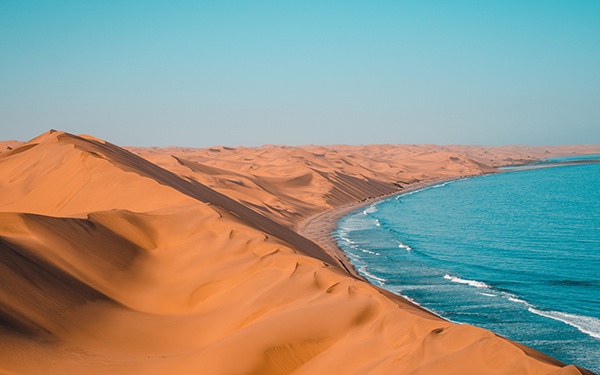
Being such an immense country with incredible geographical diversity, Namibia’s climate and weather is one of dramatic extremes.
It is one of the sunniest countries in the world, yet is prone to drought. As a rule, the further south you are, the hotter and drier the climate.
The Caprivi Strip and Kavango area in the northeast of the country has the highest rainfall, and these areas are the most verdant in Namibia.
The desert areas of the Namib and the Kalahari are the hottest and driest, and the areas along the Atlantic coast are colder and foggier than the rest of the country.
Overall, Namibia’s driest season is from May to October, when water sources dry up almost completely and temperatures drop to a minimum of 20°C during the day but can be glacial at night, falling to below freezing. November to April bring a hike in temperatures and the much awaited rains.
January and February are the hottest months, with maximum temperatures of a more than a scorching 40°C in the desert. Sudden, powerful thunderstorms are common as levels of humidity reach their peak.
Cost of Living in Namibia
Lifestyle
Compared to the UK, Namibia is a cheap place to live, but as most goods and produce are imported from elsewhere many items can be surprisingly costly, and lacking in variety.
Meat however, is very affordable, and meals in restaurants in cities and towns can cost as little as between £3 to £10.
When it comes to utilities, water is understandably expensive, and many expats prefer to negotiate a rental contract with utilities included to get a better deal.
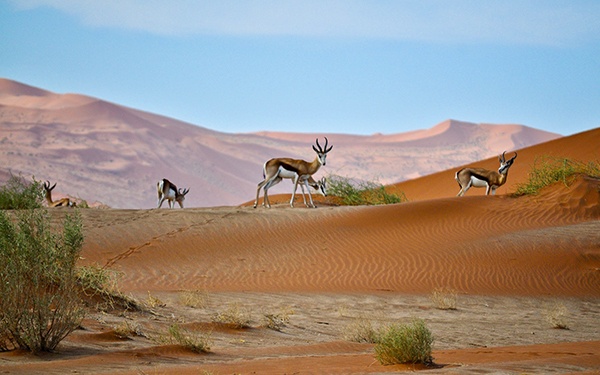
Rent
When it comes to rental accommodation, prices vary dramatically depending on the area and the type of property you choose.
Living in a protected property with multiple bedrooms and swimming pool in the capital city is the most expensive option, but is still considered affordable and worth the costs by many expats.
In smaller towns rental property prices are significantly lower, but this is offset by a lack of facilities.
Here’s a great video on the cost of housing in Namibia:
Healthcare
There are both public and private healthcare systems in place in Namibia, with the latter being the best option for expats.
The quality of private clinics in Windhoek is very good – particularly for a developing country — but you will need to pay upfront for any treatment received.
If your employer does not provide health insurance for you and your family, private health insurance is a must for Brits living in Namibia, as any upfront payments will be reimbursed. Choose a policy that pays out in the event of emergency medical or dental treatment, and for evacuation to another country in the event of a serious incident or illness.
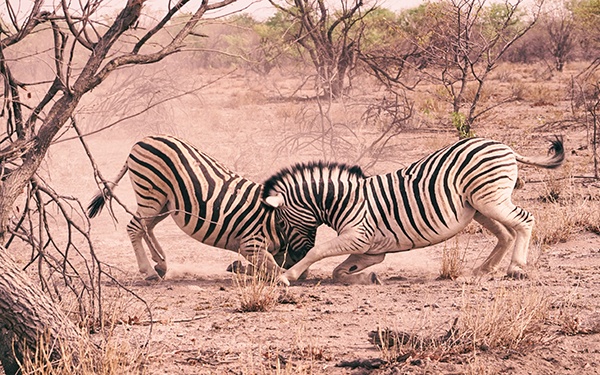
Schooling
Private educational establishments are the way to go for expats living in Namibia with children.
International schools provide access to a familiar curriculum, and there are even dedicated British schools in the capital.
Places can sometimes be difficult to come by however, and fees can be steep.
Popular Areas for Brits
Windhoek

Namibia’s capital is a laid back yet thriving modern city in the heart of the country, and is home to large expat communities.
The hub of economics, politics, and Namibian culture, Windhoek is the country’s largest city, with a population of over 325000, and there is a distinctly western ambiance in the city, with a good dose of traditional German style architecture and even an annual Oktoberfest.
Although Windhoek may not have the big entertainments or thrills of a European capital city, it does possess a good variety of restaurants, cafés and bars, tranquil parks and gardens, museums and a National Theatre, markets and shopping malls, international schools, and the best medical facilities in Namibia.
Expats living in Windhoek also have the benefit of the stunning Namibian countryside and all the adventures it offers, right on their doorstep.
Omaruru
The quaint, sleepy town of Omaruru is an oasis in the desert, sprung up on the banks of the winding river 250 kilometres from Windhoek.
Originally a mission town, Omaruru grew to become a centre for farming industries and trade, but also a location for crafts people and artists, lending the town a bohemian vibe, and giving rise to a major annual arts and culture event.
One of Namibia’s few wineries can also be found here, and there are some fabulous restaurants in town where you can enjoy the quality local tipple.
Swakopmund
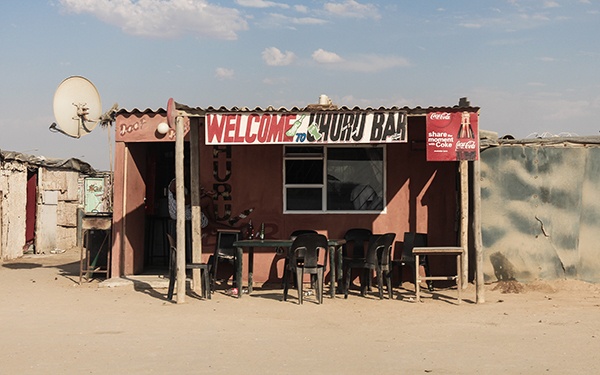
In western Namibia on the Atlantic coast at the fringes of the Namib desert, distinctly German influenced Swakopmund is a pretty town with plenty of promise for adventure.
Popular with tourists, the town’s unique position offers up the opportunity to try activities such as sandboarding, quadbiking, skydiving, camping safaris, kayaking, camel trekking, and more.
Alternatively just enjoy the many excellent restaurants, cafés and bars here, take a stroll along the orderly streets and admire the colonial architecture, visit the National Marine Aquarium, or trot down the the seafront and step out onto the jetty and take in the spectacular sea views.
Walvis Bay
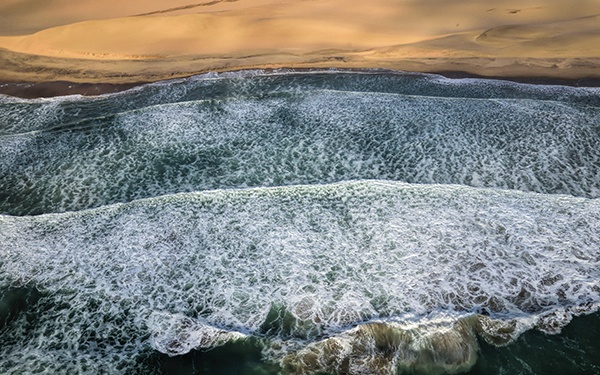
A fishing port town just 30 kilometres south of Swakopmund, the relaxed town of Walvis Bay is a gateway to some unique natural scenery and wildlife.
Walvis Bay Lagoon is famous for its flocks of flame feathered flamingos, while dolphins can be spotted in the Bay itself.
In town there are plenty of restaurants where you can taste the local seafood, beach bars perfect for sundowners, and cosy pubs.
Luderitz
Located between the dunes of Namib desert and the rocky, blustery South Atlantic Coast, the German colonial art nouveau town of Luderitz is packed with old world charm.
Apart from boasting fine architecture, sleepy Luderitz sprawls out toward the Luderitz peninsular and Agate Beach where you can dig for your own precious stones.
Fresh seafood at one of the town’s many restaurants is a must, and the surrounding areas offer up a feast of activities including harbour cruises, off road 4×4 adventures, exploring nearby ghost towns or the serene Sperrgebiet National Park, whale watching, windsurfing, and kitesurfing.
Jobs in Namibia for British Expats
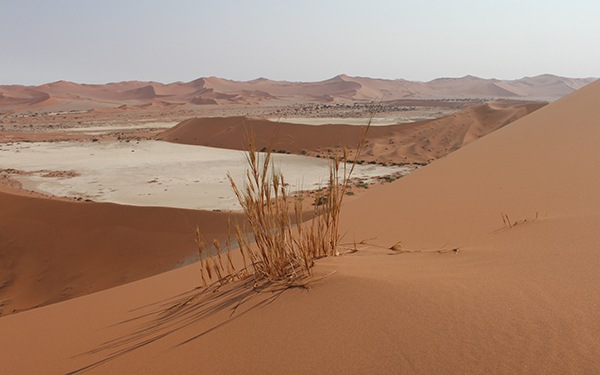
Unemployment levels are high in Namibia, and preference is given to the local population for any job provided that there are native applicants with the required skill set.
This can make things tough for UK expats looking for work in Namibia unless they possess desirable niche skills and experience.
Windhoek has the most employment options for expats, as most national businesses are based there. Major industries include mining, tourism, communications, business and finance, and transport and logistics.
Another option for expats to get their foot in the door is to invest in Namibia or start up a business here.
Are you still thinking about moving to Namibia?

